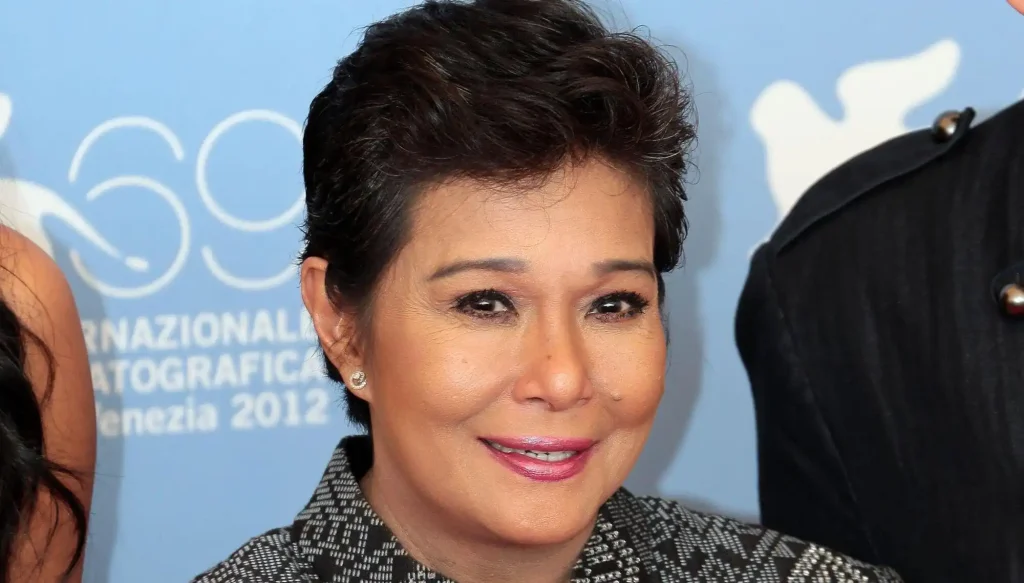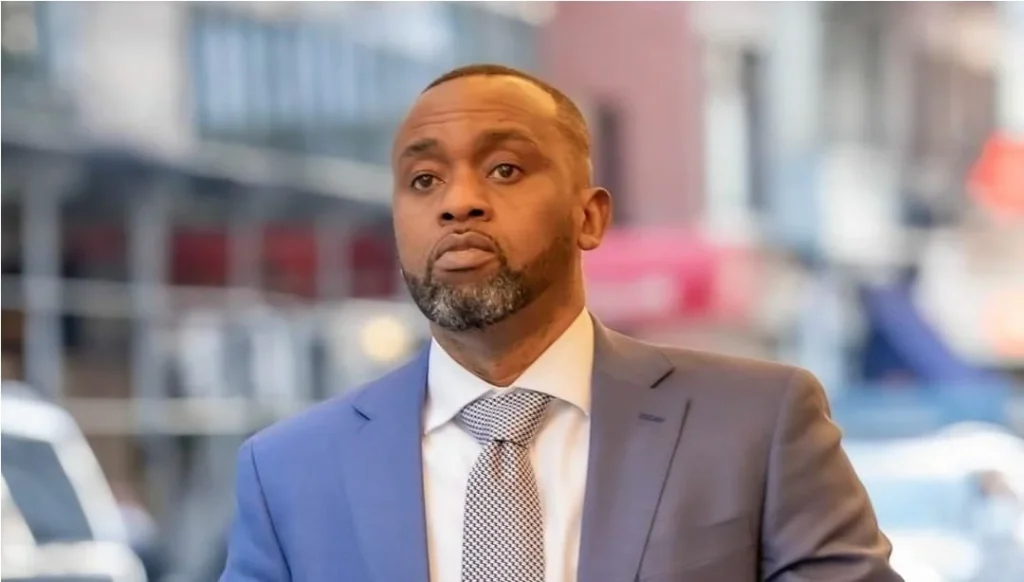In a bold shift away from its colonial legacy, Niger’s military-led government has officially designated Hausa as the country’s new national language. This landmark decision, published in a special March 31 edition of the government’s official journal, represents a major departure from the longstanding use of French, the language inherited from decades of colonial rule.
According to the new constitutional charter, “The national language is Hausa,” while English and French are to serve as the nation’s “working languages.” This development elevates Hausa to a central role in national identity and communication, underscoring its cultural and linguistic dominance in the West African country.
Hausa’s Widespread Influence
Hausa is already the most widely spoken language in Niger, serving as a primary medium of communication in several populous regions, including Zinder, Maradi, and Tahoua. It is spoken and understood by a significant portion of the country’s estimated 26 million citizens, bridging ethnic and regional divides. In stark contrast, French, which had previously held official status, is spoken fluently by only about 13 percent of the population—around three million people—largely limited to the educated elite and urban centers.
Alongside Hausa, the new charter formally recognizes nine other indigenous languages—such as Zarma-Songhay, Fula, Kanuri, Gourmanche, and Arabic—as “the spoken languages of Niger.” This move further underscores the government’s intention to promote linguistic diversity while prioritizing languages that resonate with the everyday lives of the Nigerien people.
A Political Statement and Cultural Reclamation
The adoption of Hausa as the national language is not merely a linguistic change but a political statement. Since seizing power in a military coup in July 2023 that deposed President Mohamed Bazoum, the junta led by General Abdourahamane Tiani has systematically dismantled remnants of French influence in the country. These actions have included expelling French troops, severing diplomatic ties with France, and renaming streets and public spaces that bore French colonial names.
In February, the junta further consolidated its control during a national conference, which not only legitimized its authority but also extended General Tiani’s rule for an additional five years. The new language policy follows that conference and symbolizes a deeper effort to reshape Niger’s national identity on its own terms.
Regional Shift Away from French Influence
Niger’s linguistic transition mirrors a growing trend across Francophone West Africa, particularly among countries governed by military regimes. Neighbouring Mali and Burkina Faso—both of which also experienced recent coups—have taken similar steps to assert independence from French dominance. These countries have not only expelled French forces and diplomats but have also exited the Organisation Internationale de la Francophonie (OIF), a global institution akin to the Commonwealth that promotes French language and culture.
By adopting Hausa as the national language, Niger aligns itself with this regional movement, rejecting what many view as neo-colonial influence in favor of homegrown languages and cultural systems. Hausa, which extends beyond Niger’s borders into northern Nigeria and other parts of West Africa, offers a pan-regional linguistic identity that resonates more closely with local realities than French ever could.
Implications for Education, Governance, and Society
While English and French will still be used in administrative and international affairs, the elevation of Hausa could have wide-reaching implications across government institutions, the education sector, and public media. It could necessitate curriculum changes, the translation of official documents, and the promotion of Hausa in radio and television broadcasts. Over time, it may also reduce the gap between rural communities and urban elites by promoting a language that is more widely spoken and understood across the nation.
However, the shift will not be without challenges. Transitioning from a French-centric system to one based on Hausa and other local languages will require investment in teacher training, linguistic resources, and educational materials. Moreover, questions remain about how English will be integrated as a working language and how Niger will balance regional and international cooperation without relying heavily on French.
Cultural Empowerment or Political Strategy?
Critics of the junta argue that this move may serve more as a political strategy to consolidate power and gain public support amid growing international isolation. Yet supporters see it as a long-overdue act of cultural empowerment—one that places Niger’s future in the hands of its people rather than its colonial past.
Regardless of the motives, the shift marks a pivotal moment in Niger’s history. It is a declaration of self-determination that emphasizes local identity, heritage, and linguistic pride over foreign influence. As Niger navigates this new chapter, its success will likely depend on how well it can implement these changes while maintaining national unity and international engagement.
Conclusion
Niger’s declaration of Hausa as its national language represents more than a symbolic gesture—it is a profound realignment of national identity and governance. It signals the country’s determination to break free from the shadow of colonialism and forge a path rooted in its own linguistic and cultural heritage. As similar sentiments echo across West Africa, Niger’s decision may inspire other nations to reconsider the languages they elevate—and the legacies they choose to leave behind.













